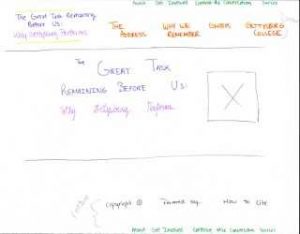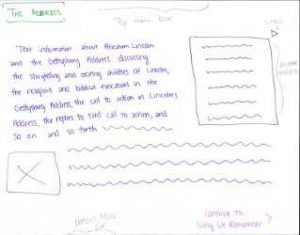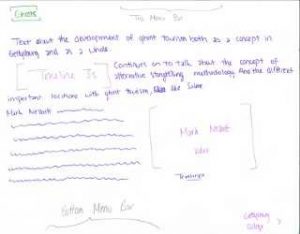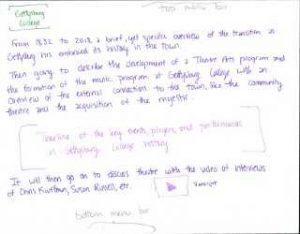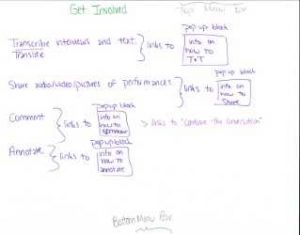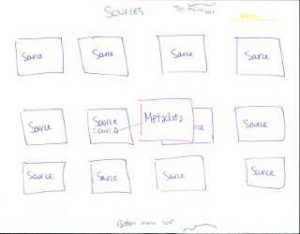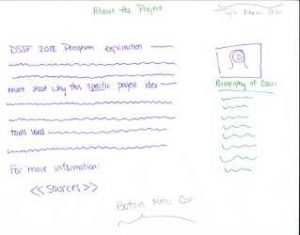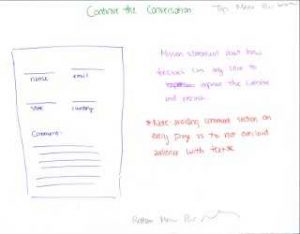Over the last two months, I have spent most of these reflections analyzing digital humanities and the ways in which it continues to perpetuate the same privileges and problems as higher education as a whole. It seems fitting that find some sort of conclusion to that in my last reflection.
I have found myself confronted with the reality that I have been presented with a number of opportunities based on my ability to go to college. I am the first and only member of my family to graduate high school in the United States. That is a privilege that I don’t think I really understood for a long time. But I was allowed to dream. I was allowed to dream of being whatever I wanted to be.
I got to spend this summer researching and practicing digital humanities. I didn’t have to worry about if this would help me get into law school, because I have always been taught to do what would make me feel happiest at the moment.
That is what I love about digital humanities. The openness of the internet allows for digital humanities to fuel passion projects. The internet allows people to find themselves in rabbit holes and want to learn more. It is a place for creating, learning, and just… being.
So here I am, 8 weeks later. And I feel as though I have finally understood what to do with all of that privilege: who as hard as I can to prove that I earned it.
